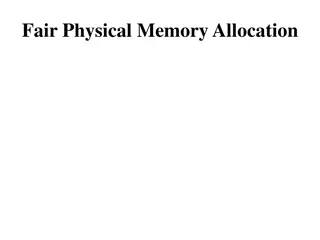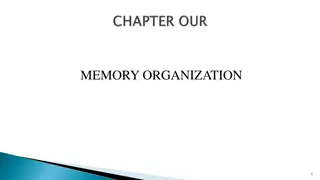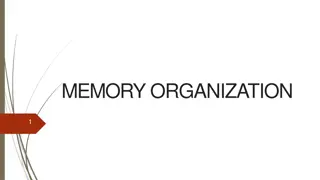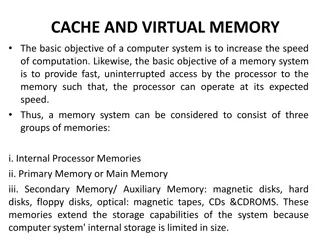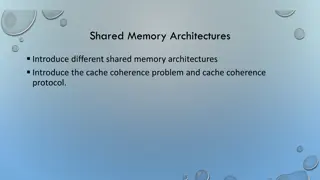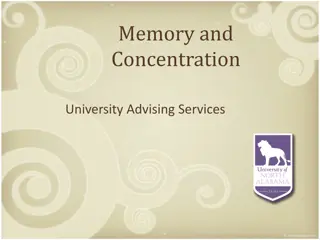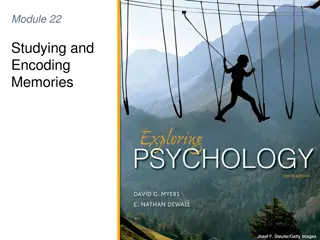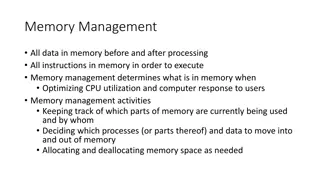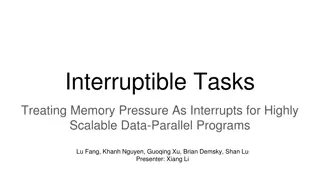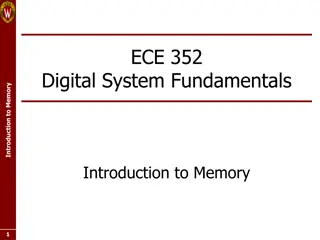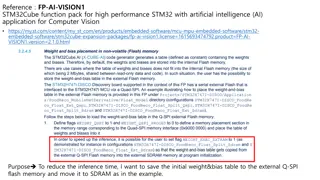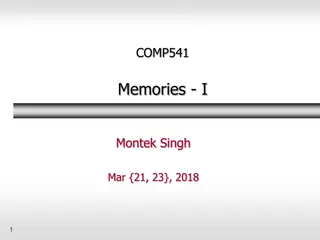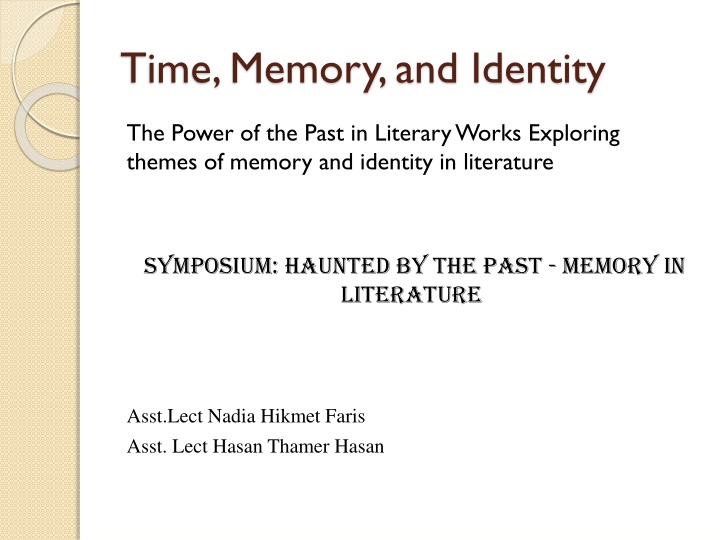
Exploring Time, Memory, and Identity in Literature
Delve into the power of the past in literary works, examining how memories shape identity and influence the present. Discover how memory serves as a storytelling tool and the role the past plays in defining characters and themes. Explore the narratives of time, memory as a source of conflict and resolution, and characters' struggles with identity. Reflect on the importance of understanding the past to understand oneself, as depicted in various literary examples.
Download Presentation

Please find below an Image/Link to download the presentation.
The content on the website is provided AS IS for your information and personal use only. It may not be sold, licensed, or shared on other websites without obtaining consent from the author. If you encounter any issues during the download, it is possible that the publisher has removed the file from their server.
You are allowed to download the files provided on this website for personal or commercial use, subject to the condition that they are used lawfully. All files are the property of their respective owners.
The content on the website is provided AS IS for your information and personal use only. It may not be sold, licensed, or shared on other websites without obtaining consent from the author.
E N D
Presentation Transcript
Time, Memory, and Identity The Power of the Past in Literary Works Exploring themes of memory and identity in literature Symposium: Haunted by the Past - Memory in Literature Asst.Lect Nadia Hikmet Faris Asst. Lect Hasan Thamer Hasan
Introduction Literature often explores how memories shape identity and influence the present. Key questions: - How does memory serve as a tool in storytelling? - What role does the past play in defining characters and themes?
The Role of Time in Literature Time as a narrative structure: Flashbacks Non-linear storytelling Examples: Beloved by Toni Morrison One Hundred Years of Solitude' by Gabriel Garc a M rquez.
Memory: A Source of Conflict and Resolution Memory as a double-edged sword: Healing and understanding Trauma and haunting Examples: The Great Gatsby' by F. Scott Fitzgerald Atonement' by Ian McEwan.
Identity and the Past Characters' struggles with identity: Loss of identity Rediscovery of self Examples: Jane Eyre' by Charlotte Bront Never Let Me Go' by Kazuo Ishiguro.
Conclusion Understanding the past is key to understanding oneself. Literature serves as a mirror, reflecting how memories and identity intertwine. Encouragement to delve deeper into these timeless themes.

